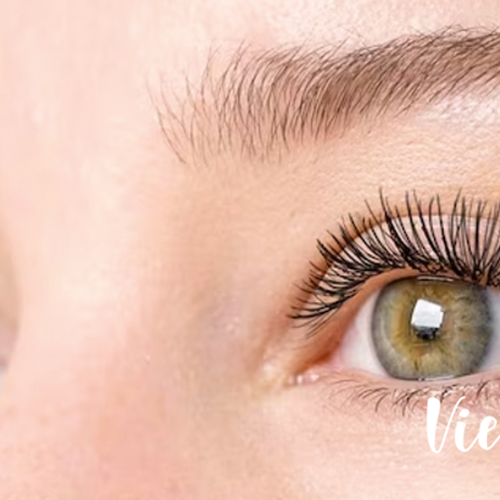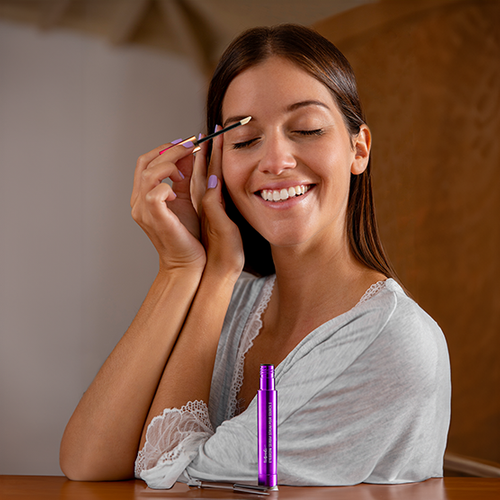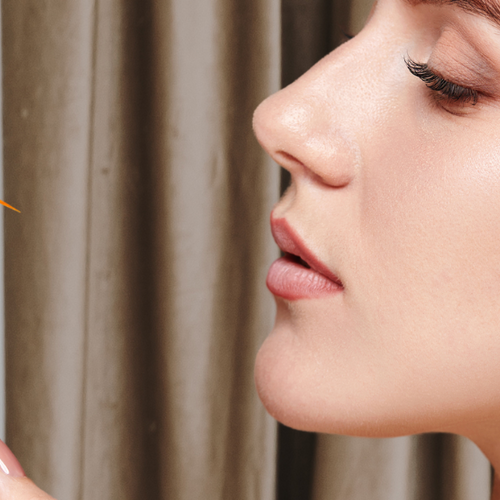
Have you woken up to more pimples sprouting on your face?
These unsightly dots have taken over your skin and you don’t seem to know why they keep popping out of the surface. You may be trying out various treatments, but nothing seems to work.
While pimples are a common skin condition that affect people of all ages, the causes for their appearance are not always the same. Different causes require different treatments, so you may not be getting the flawless face you want because you haven’t really addressed the exact cause that triggers your pimples.
Here are several pimple factors that you should know so you can prevent those pesky bumps from concealing your true beauty:

Bacteria
Bacteria is often the root cause of pimples. When dead skin cells and sebum accumulate on the surface of the skin, they provide a perfect breeding ground for bacteria. These bacteria are often present on the skin, but they can cause problems when they get trapped inside pores, infecting the pores and causing breakouts. Bacteria can also increase existing inflammation and worsen acne symptoms. An example of a pimple-causing bacterium is Propionibacterium acnes, which is responsible for acne breakouts.
Excessive oil production
One of the most common causes of acne is an overproduction of oil, called sebum. Sebum is produced by the sebaceous glands to lubricate hair and skin. When too much sebum is produced, it can mix with dead skin cells and bacteria to form a plug in the hair follicle. This plug can cause inflammation, which leads to the redness and swelling we call pimples. As oil continuously traps dirt and bacteria on the skin, it can clog pores and result to acne.
Dead skin cells
When the skin cells on the surface of your face die, they don't always slough off like they're supposed to. Instead, they can become trapped in the pores, where bacteria begin to grow. When dead skin cells accumulate on the surface of the skin, they can mix with sebum and bacteria and block the pores. This can lead to the development of pimples
Hormonal imbalance
Hormones also play a role in the development of acne. Changes in hormone levels can lead to an overproduction of sebum, which leads to clogged pores and acne breakouts. For women, these hormone changes include puberty, menstruation, pregnancy, and menopause. For men, puberty and testosterone levels can influence how likely they are to get acne. The hormones that are most often associated with acne are androgens, which are male sex hormones. Androgens stimulate the sebaceous glands in the skin to produce more sebum. Androgen levels can vary throughout a woman's menstrual cycle. They're highest during ovulation, when estrogen levels are also high, so that's why many women notice an increase in acne around the time of their period.
Genetics
Genetics can also be a factor in causing pimples. If one or both parents have acne, their children are more likely to develop the condition. This may be because certain genes make people more prone to hormonal changes that can lead to acne. It's also possible that genes influence the way skin responds to bacteria and other factors that can cause pimples.
Environmental factors
Pimples can also be caused by environmental factors, such as pollution and humidity. Pollution contains harmful and irritating toxins that can clog pores, cause skin inflammation, and trigger breakouts. Humidity also creates an environment in which bacteria can thrive. The high levels of humidity in the air cause skin to become oily and trap sweat and bacteria on the skin, which can lead to an increase in pimples. Additionally, both humidity and pollution can aggravate other skin conditions like rosacea and eczema.
Stress
Stress can also trigger the release of hormones that can lead to the development of pimples. When we feel stressed, our body produces a hormone called cortisol. Cortisol can trigger the sebaceous glands in the skin to produce more oil, which can lead to the development of acne. In addition, stress can also aggravate existing cases of acne and make them worse. Another way stress can cause pimples is by increasing inflammation in the body. When you're stressed, your immune system becomes activated and this can lead to inflammation in the skin. Inflammation is known to aggravate acne lesions and make them worse.
Unhealthy Diet
Another factor that may contribute to pimples is a bad diet. Eating a lot of processed carbohydrates and greasy foods can trigger an inflammatory response that leads to the development of pimples and causes acne flare-ups. The intake of foods high in sugar and saturated fat like sweets and dairy products have also been shown to aggravate pimple symptoms.
Cosmetics
Using cosmetics and skincare products cause pimples, especially if they are comedogenic (meaning they also tend to create blackheads and whiteheads). Ingredients like oils and fragrances can clog pores, so if you wear too much makeup and don’t remove your makeup properly, they can promote acne breakouts. Certain cosmetics, such as foundation or blush, can worsen acne when they are applied to oily skin. Anything that rubs or comes into contact with your skin can potentially aggravate your pores and cause pimples so be wary of the cosmetics you put on your face.

Billions of people have experienced pimple breakouts and they’re caused by a variety of factors. While there is no one-size-fits-all solution to getting rid of them, there are a number of ways to reduce their occurrence and severity, and the first step is to figure out what is causing it.
Once you have determined the cause of your pimples and acne, you can finally work on treating them. For that, VieBeauti has an Acne Treatment Cream that calms your inflamed skin and reduces your pimples. You can finally get rid of those swollen spots and have clear skin that makes you feel more confident.







0 comments